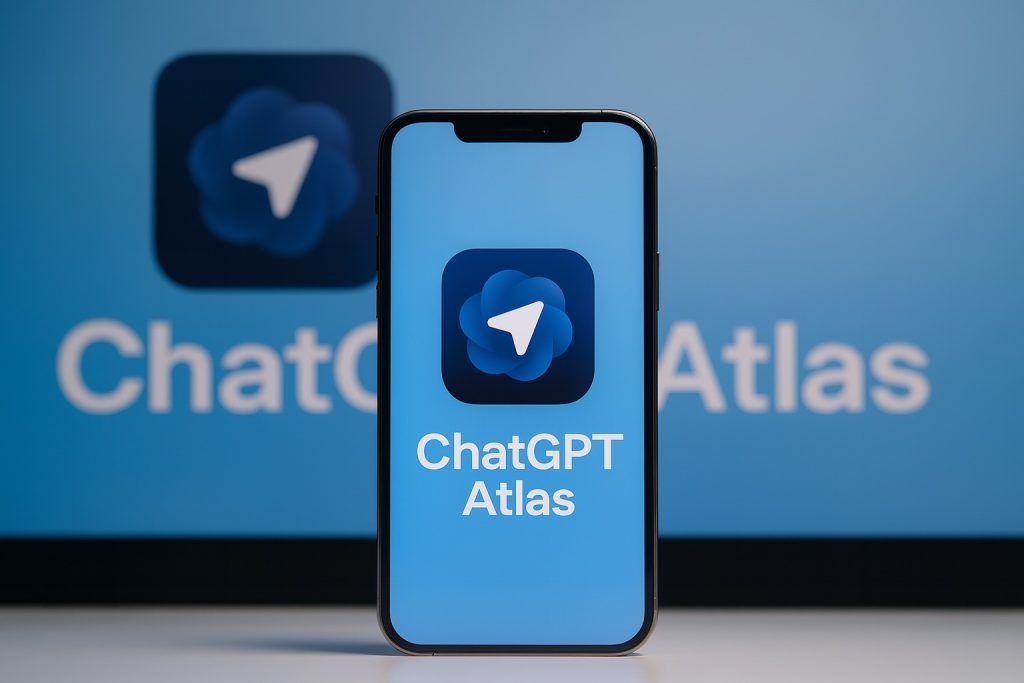OpenAI, the maker of the world’s most popular chatbot, ChatGPT, has launched a web browser designed to make surfing the internet smarter and more seamless. Called Atlas, the browser offers AI-powered tools that can summarize articles, analyze data, revise emails, and even control your mouse to browse on your behalf. But the convenience comes with a trade-off: Atlas tracks, stores, and “remembers” much of what you do online.
Atlas goes beyond traditional browsers like Google Chrome in its data collection. It doesn’t just log which websites you visit; it creates a record of “memories” that store facts, insights, and preferences based on your browsing activity. For instance, if you were researching Halloween decorations last week, Atlas could recall those tabs and bring them up on command. The AI even remembers certain habits and preferences, like your travel plans or airline choices, to tailor responses and suggestions across your browsing experience.
“The goal was to make it easier for ChatGPT to work alongside you as you browse the web,” said Adam Fry, Atlas product lead at OpenAI. He emphasized that the data collected is used to enhance browser features, not to build advertising profiles like social media companies.
Yet the browser’s memory system raises serious privacy concerns. While OpenAI says Atlas doesn’t store sensitive information such as passwords, bank account numbers, government IDs, or medical records, tests by privacy advocates found the browser could retain personal information, including the names of doctors or interactions with sexual and reproductive health services. “The extensive data collection in the Atlas browser could be a privacy nightmare for users,” said Lena Cohen, a technologist at the Electronic Frontier Foundation.
Users can manage these memories, either by deleting them individually or all at once, or by using the browser’s incognito mode. However, these controls are not always straightforward, and they exist separately from ChatGPT’s existing data records.
Atlas also introduces a new level of AI integration. Its “Ask ChatGPT” button allows users to chat about the web pages they are viewing and perform tasks one click away. In agent mode, Atlas can complete tasks for you, shopping, managing subscriptions, or navigating websites, but these agents can make mistakes, raising risks when they have access to log-ins and payment information.
The implications extend beyond convenience. Browsers are daily portals to the internet and lucrative sources of personal data. Atlas’s approach to tracking and memory could potentially be accessed by governments or misused if not carefully managed. OpenAI has clarified that, by default, Atlas does not use browsing content to train its AI, though users can opt in.
OpenAI is not alone in integrating AI into browsers. Search engine Perplexity offers Comet, and Google is enhancing Chrome with its Gemini AI and agent features. But Atlas stands out for the depth of personalization it offers, storing not only URLs but also the knowledge and context behind them.
Browsers have long evolved from simple windows to the web into sophisticated tools for data collection. Atlas represents the next step: convenience and personalization powered by AI, but only for users willing to trade a measure of privacy for it. As Fry puts it, Atlas aims to make browsing smarter, but the question remains whether the benefits outweigh the risks of an AI that remembers nearly everything you do online.










